A folk legend who bridged religion and culture
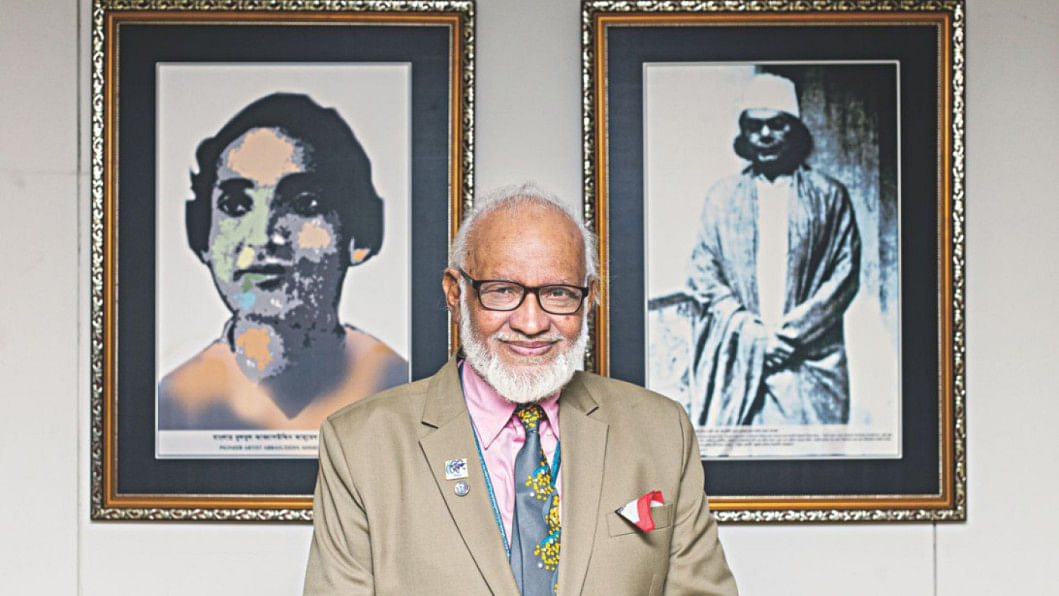
The passing of Mustafa Zaman Abbasi marks the end of an era in Bangla folk music. More than a singer, scholar, or musicologist, he embodied the soul of a cultural tradition whose depth, nuance, and spirit found the most authentic expression in him. Now that he is gone, something irreplaceable has gone with him.
He was the youngest son of legendary folk singer Abbasuddin Ahmed. He spent his early years in Kolkata before moving to Dhaka, where he earned his BA and MA from the University of Dhaka. Raised in a family steeped in music and tradition, his path was shaped by both heritage and conviction.
Abbasi was second to none in Bangladesh's realm of folk music. In this age of fleeting fame and fast trends, his work was steady, deliberate and foundational. Through his performances and popular programmes like Amar Thikana and Bhora Nadeer Banke on Bangladesh Betar and Bangladesh Television, he brought folk music into homes across the nation. He studied and collected Bhawaiya, Bhatiali, Murshidi, Chatka songs rooted in rivers, fields, and folklore. Over five decades, he not only performed but also preserved thousands of songs, giving them context and notation. His literary and musical contributions resulted in over 50 publications, including monumental works like Bhatir Desher Bhatiali and History of Folk Music. He curated folk anthologies, led music research groups, and served as president of UNESCO's Bangladesh National Committee of Music. Abbasi embodied cultural stewardship at its highest level.
His influence was not confined to music as he represented something more powerful i.e., the harmonious coexistence of faith and culture. Abbasi was a devout Muslim, deeply spiritual and grounded in religious thought. He wrote extensively on Islam, including books on the Prophet Muhammad (PBUH), and translated the Holy Quran by Sufi scholar Sahl al-Tustari, and yet, he was never insular. He sang devotional pieces like "Madeenar dhuli aji dhannya", penned spiritual works such as "Rumir Oloukik Bagan" and "Muhammad er naam (The Name of Muhammad)", yet he was equally at ease writing contemporary literature like "Harinakkhi" and "Shondhye Hoyni Ekhono". Abbasi's understanding of Islam was gentle. He believed, and often said, that Muslims should also love believers of other faiths.
He viewed culture not as a threat to religion, but as a way of expressing the divine, through melody, rhythm, and word. He stood as a rare example of a life where religion and culture were not at odds but in conversation. In Abbasi, faith and folklore, prayer, and poetry, came together seamlessly. He showed that one could be God-fearing and a practising Muslim without being immutable, culturally literate without being secularist, and that tradition need not be preserved in rigidity but in joyful celebration.
Abbasi's deep and resonant voice carried not only songs, but values. It carried stories of rural Bengal, laments of lovers, invocations of river gods, and praises of Allah. It carried the past into the present and gave it relevance. Those who heard him sing will remember the sincerity in his tone, the reverence in his expression, and the precision behind every performance.
His contributions were widely recognised. The Ekushey Padak, Bangladesh's second-highest civilian award, was among many accolades he received. Also included are Nazrul Academy Award, Shilpakala Academy Award, Lalon Parishad Award, and Abbasuddin Gold Medal. He was the director general of Bangladesh Shilpakala Academy and participated in global cultural forums. Even in his later years, he remained intellectually active. He taught at Independent University, where he founded the Kazi Nazrul Islam and Abbasuddin Ahmed Research and Study Centre. He engaged with his students as equals, discussing music, literature, and faith with the same warmth he shared with longtime friends.
Abbasi served as district governor of Rotary Bangladesh, where both he and his late wife, Asma Abbasi, district chairperson of Inner Wheel Bangladesh, dedicated themselves to community service and social welfare. Asma Abbasi was a distinguished educator and author in her own right, she was Abbasi's partner in every sense. Together, they built a life that reflected not only deep religious values but also cultural enlightenment. Asma Abbasi being the younger sister of my mother Najma Khasru, I witnessed the synergy of the Khala-Khalu or Abbasi-Asma partnership. They have been blessed with two bright, intelligent, and culturally talented daughters Samira Abbasi and Sharmini Abbasi.
At a time when religion and culture seem to be at odds, as people with extreme views on both sides make it sound like it must be one or the other, Abbasi was a living example they are not mutually exclusive but rather complimentary. Late Mustafa Zaman Abbasi was one who lived by example whereby he would say prayers five times in the mosque, while not missing an opportunity to attend a cultural evening.
For those of us who knew Abbasi closely, his passing is more than just a loss for the family but, above all, he was a kindhearted, graceful soul who lived through his beliefs, music, and words. He lived a life worth singing about. May the Almighty grant his soul eternal peace in the afterworld as he treads the gardens of heaven murmuring the hymns, songs, and poetry eloquently as he did in this world.
Prof Syed Munir Khasru is chairman of the Institute for Policy, Advocacy, and Governance (IPAG), an international think tank. His online profile can be found at www.syedmunirkhasru.org.
Views expressed in this article are the author's own.
Follow The Daily Star Opinion on Facebook for the latest opinions, commentaries, and analyses by experts and professionals. To contribute your article or letter to The Daily Star Opinion, see our guidelines for submission.

 For all latest news, follow The Daily Star's Google News channel.
For all latest news, follow The Daily Star's Google News channel. 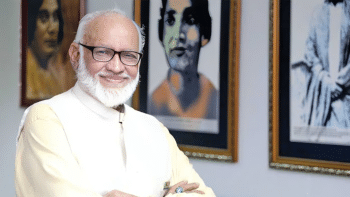


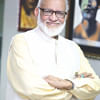
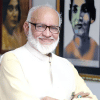


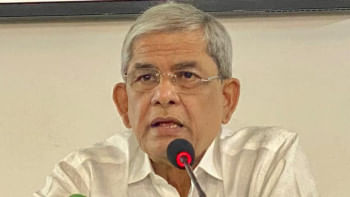
Comments